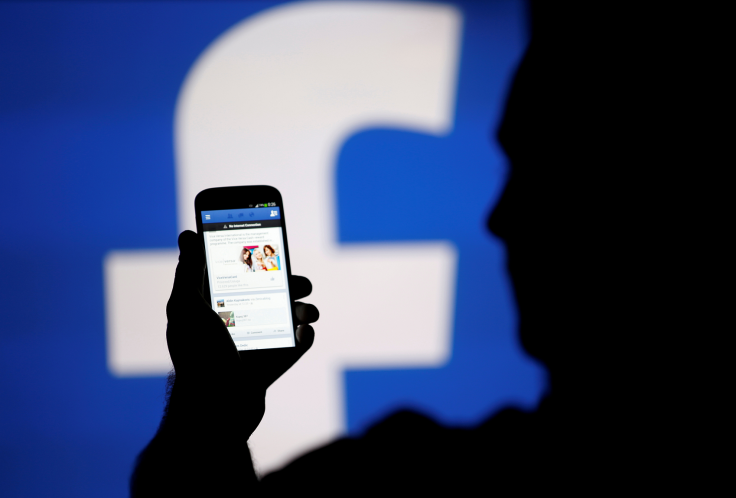Germany may penalise Facebook $715K fine

Germany may require Facebook a fine of €500,000 (AU$715,00) for not removing fake news and hate messages within 24 hours after the social media platform has been notified. The stringent law was proposed by the chairman of the German Social Democratic Party Thomas Opperman.
The proposed law requires Facebook to regulate the issue of complaint due to fake news and hate messages. It also required social media to build a legal protection office in Germany that will operate 24/7. The victims of the inappropriate conducts can now contact the platform directly to report the issue and to ask for necessary action.
Justice Minister Heiko Maas said that legal consequences would be implemented if removal rates of hate messages and false news did not increase. He also emphasised that German law must be the standard in the removal practice of the social media platform.
Politicians and other organisation supported the proposed law penalising companies for false and misleading content.
Dortmund media law professor Tobias Gostomzyk also supported the idea of including independent bodies of fact checkers. Gostomzyk also said that it would be more effective to change the communication policy than using the criminal law to address social media controversies.
Christian Democratic Union supported the law andpromised definitive action at the beginning of the year. It also proposed legislation that would make it illegal to post fake news entirely.
The ruling coalition aimed to include the law in the statute books before the 2017 election. The parliamentary was planning to start the debate after the Christmas break.
The German government considered the move in regard to the social media issues as 598 people would assume seats in its federal election. It was clear that the ruling parties were concerned with keeping the electorate-well informed as the 2016 US presidential election went on a social media controversy.




















